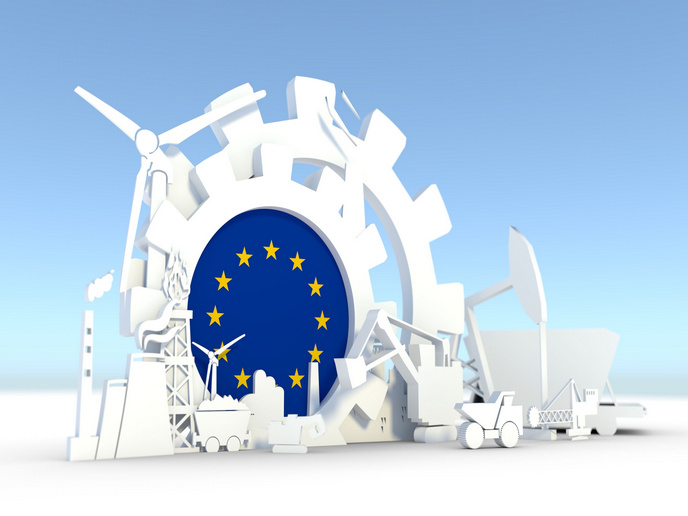Policies to support media freedom and independence
Maintaining the freedom and independence of the media is an important goal of democratic societies. EU-funded scientists initiated the MEDIADEM project to evaluate the factors that affect development of policies with regard to media. Their objective has been to ensure media independence through recommendations to policy stakeholders at national and European levels. Scientists studied media policies and regulation in 12 EU Member States and two EU Candidate Countries. Country case findings were then used in a cross-country and cross-theme comparison. Results were the basis of policy guidelines to promote media freedom and independence targeted at state and other policy stakeholders, the EU and the Council of Europe. Outcomes highlighted the numerous pressures on contemporary media in Europe despite the importance of freedom of speech in democratic societies and existing safeguards. These forces include politics, market pressures, technological factors, and failures in regulation or in enforcement and compliance. The balance varies from country to country, as do the effects of these pressures. However, MEDIADEM analyses demonstrate important factors that undermine the freedom and independence of the media in Europe. Detailed and country-specific recommendations regarding media policy and regulation schemes have been provided to each of the 14 countries studied. In addition to specific guidelines, all countries have been advised to conduct evidence-based and transparent media policies to ensure compliance with international guarantees of free speech. Policymakers must also address undue political influence on both public and private media, engaging, among other issues, in strengthened monitoring of media ownership. Similar recommendations have been presented to the Council of Europe, the EU and other stakeholders at the European level to complement and reinforce national policies. Among these features improving the enforcement of judgments passed by the European Court of Human Rights. MEDIADEM has provided concrete media policy recommendations to foster media freedom based on evidence and scientific analyses. It has also engaged a large population of stakeholders from the media policy community, the media, academics and the public in an informed debate. By raising awareness of the fragility of media freedom in Europe, MEDIADEM has paved the way for widespread support of recommended policy reform.
Keywords
Media freedom, media independence, media policy recommendations, freedom of speech, freedom of information







